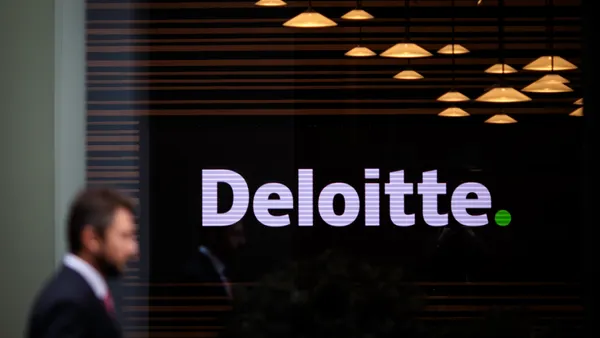Hiring for entry-level positions will remain active through the second quarter as new graduates join the labor market, according to a March 28 report from Robert Half, a talent solutions and business consulting firm.
In a November 2023 survey, 65% of companies said they planned to hire entry-level professionals — defined as workers with zero to two years of experience — in early 2024.
“Bringing in workers who are in the early stage of their career is a smart hiring strategy,” Dawn Fay, operational president of Robert Half, said in a statement. “Recent grads and entry-level professionals can help drive innovation by delivering fresh ideas and new skills.”
The survey included more than 1,850 managers with hiring responsibilities in the fields that Robert Half serves, including finance and accounting, technology, marketing and creative, legal, administrative and customer support, and human resources. In those areas, 56% to 76% of managers said their company planned to hire entry-level professionals, including 57% of those in HR.
By company size, managers said they planned to hire entry-level workers at 69% of small companies (fewer than 100 employees), 67% of mid-size companies (100-999 employees) and 61% of large companies (more than 1,000 employees).
In a shifting business environment, leaders can adapt by investing in AI, adopting cross-functional career pathways and offering employee development opportunities, according to a report from The Josh Bersin Co. — including upskilling for entry-level workers. Many job seekers said they’d choose an organization that would invest in their education and career advancement over one that wouldn’t.
Entry-level staff want clear direction on their company’s leadership mindset, according to a study by GE and Ipsos, which revealed a disconnect between entry-level workers and senior executives. Employees said they want a clearer vision and authentic communication about leadership values such as reliability, integrity and innovation.
Employers should consider doubling down on recruiting early talent and building pipelines to college graduates, according to Kimo Kippen, the former chief learning officer for Hilton. Hiring young workers can help with retention, cost, diversity, future leadership and employment brand, she said.
Some hiring managers, however, admitted in a ResumeBuilder.com survey to avoiding hiring Generation Z workers in favor of older workers, in part due to perceived poor communication skills and poor engagement.













